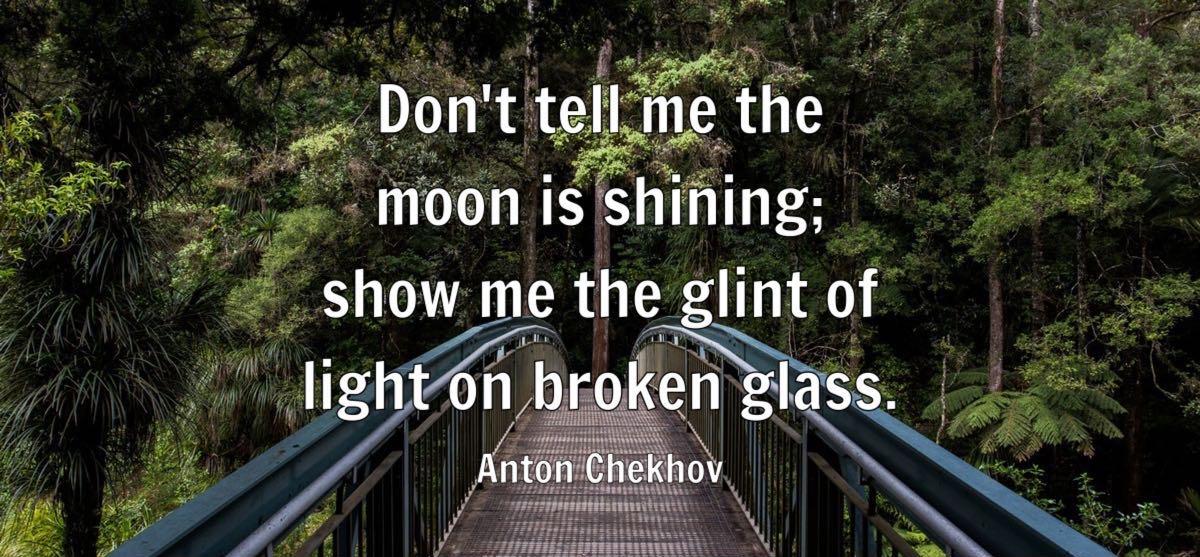
The Art of Showing, Not Telling: Enhancing Your Narrative
Learn the power of vivid storytelling by showing, not telling. Discover techniques to captivate your audience. #Storytelling #ShowNotTell
The Power of Vivid Imagery
Engaging Your Audience
Show, don't tell, captures attention, and stirs emotions. Instead of simply stating facts, use descriptive imagery to draw readers into your narrative, making them feel part of the story. #VividImagery #EngageYourAudience
Creating Sensory Experiences
Appealing to the Senses
Use sensory details to make your descriptions come alive. Describe the glint of light on broken glass to evoke a sense of place and atmosphere. Engage your readers' senses for a richer experience. #SensoryDetails #RichDescriptions
Painting with Words
Crafting Detailed Scenes
Craft detailed scenes that transport your audience. Use specific, concrete details to paint a picture in their minds. Descriptive language transforms ordinary moments into extraordinary experiences. #PaintWithWords #DescriptiveWriting
Evoking Emotions
Connecting on a Deeper Level
Show, don't tell, evokes stronger emotions. Illustrating scenes and actions allows readers to feel the story's emotions rather than just reading about them. This deepens their connection to your narrative. #EvokingEmotions #EmotionalConnection
Building Immersive Worlds
Creating Believable Settings
Build immersive worlds with detailed settings. Describe the subtle elements, like the glint of light on broken glass, to make your world feel real and tangible. Detailed settings enhance the reader's immersion. #ImmersiveWorlds #BelievableSettings
Mastering the Art of Subtlety
Subtle Descriptions for Impact
Use subtle descriptions to add depth. Instead of telling your readers the moon is shining, show them its light reflected on a shattered surface. Subtlety can create powerful, lasting impressions. #SubtleDescriptions #PowerfulImpressions